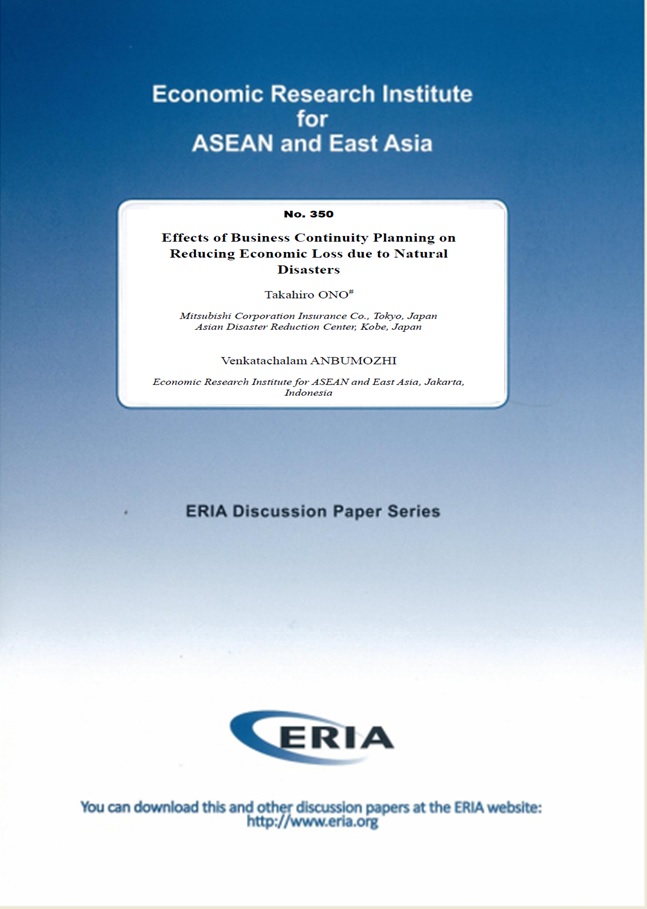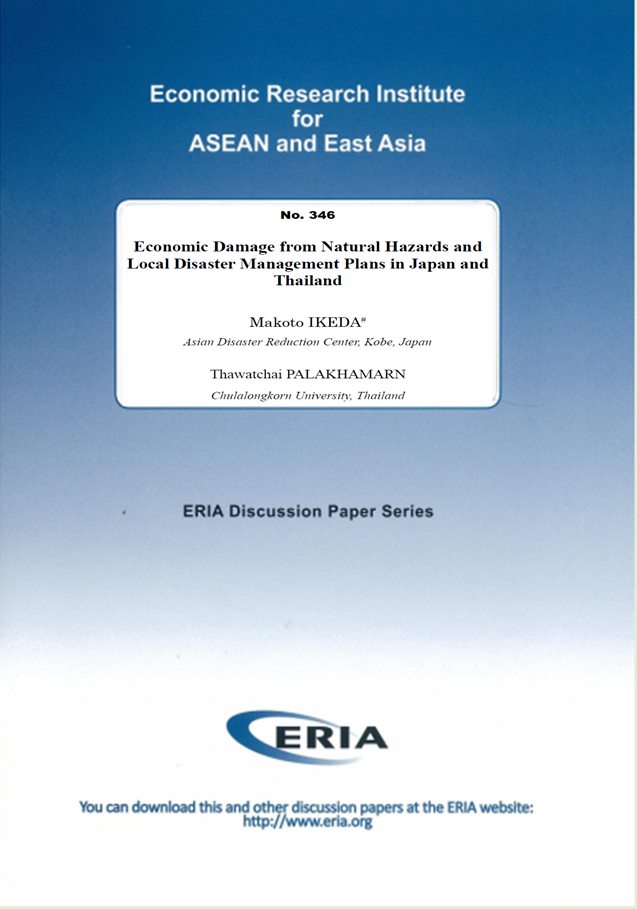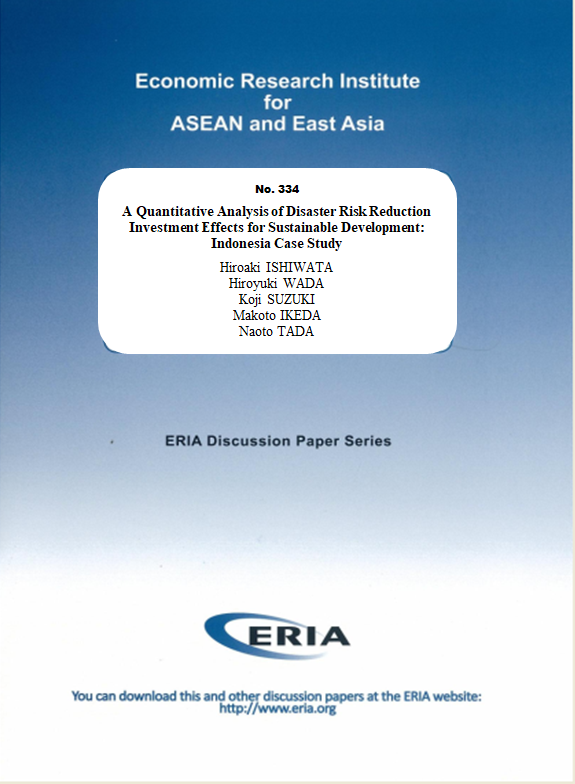Effects of Business Continuity Planning on Reducing Economic Loss due to Natural Disasters

Date:
25 November 2020Type:
Discussion PapersTags:
business continuity plan, supply chain, Great East Japan earthquake, Thailand, Japan, disaster resilience, Natural Disaster, disaster risk reduction, disaster risk managementPrint Article:
The Association of Southeast Asian Nations (ASEAN) economy has developed rapidly since the 1980s, centred on the automobile industry, and has been connected to economic regions around the world, including Japan, through supply chains. However, the ASEAN region is one where natural disasters frequently occur, and a region damaged by a disaster will have an impact on the region's economy, and the region’s supply chain will have a major impact on the world. Protecting the fast-growing and supply chain-connected ASEAN region from frequent natural disasters and reducing economic damage are important to Japan and the rest of the world. In 2015, the 3rd United Nations World Conference on Disaster Risk Reduction adopted the Sendai Framework, which focused on economic loss. To reduce economic loss caused by natural disasters, companies’ capability to continue doing business must be strengthened. Japan’s government has promoted business continuity planning to minimise economic loss. This paper examines the policy, reviews several devastating disaster case studies, and recommends policies for utilising the policy to reduce economic loss in the ASEAN region.
Effects of Business Continuity Planning on Reducing Economic Loss due to Natural Disasters




